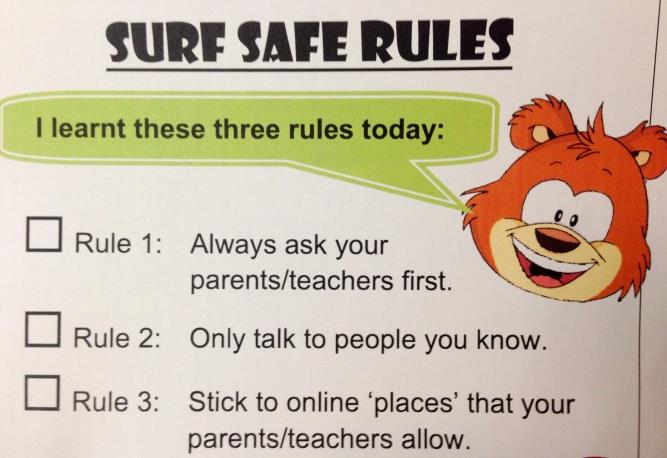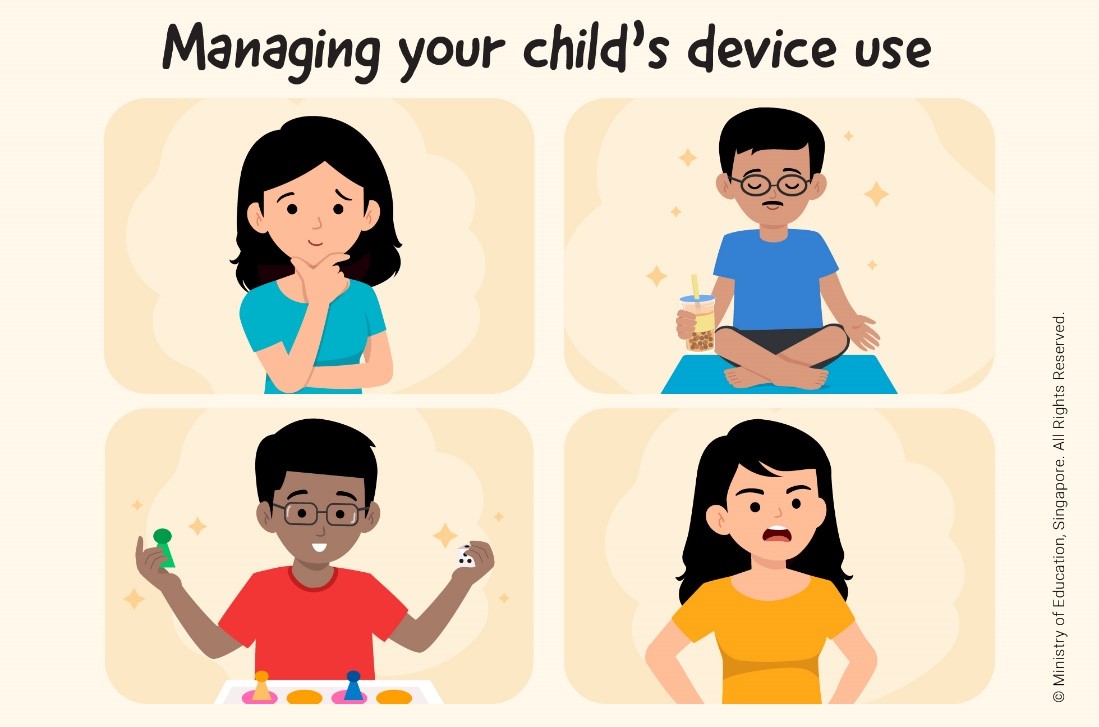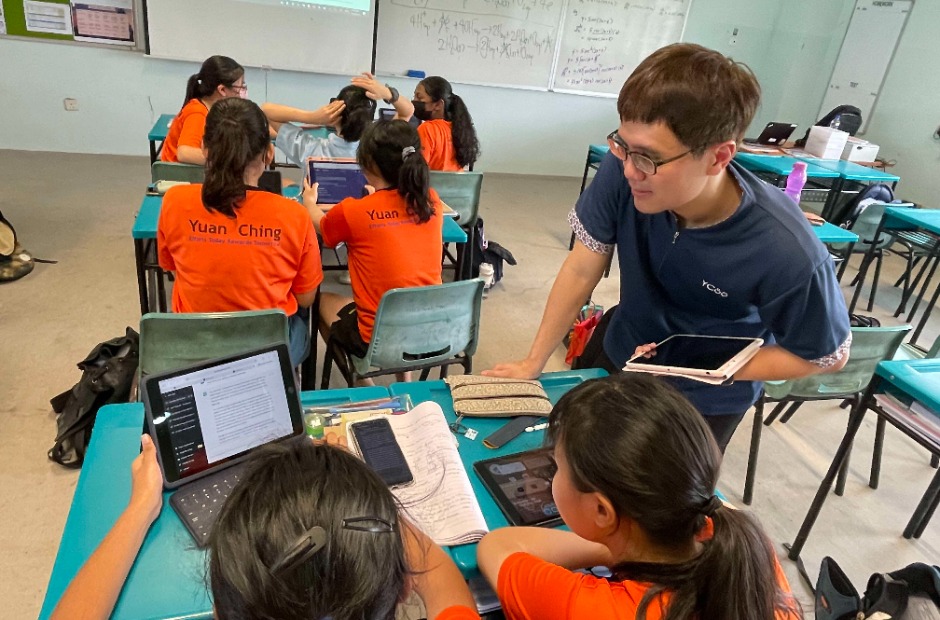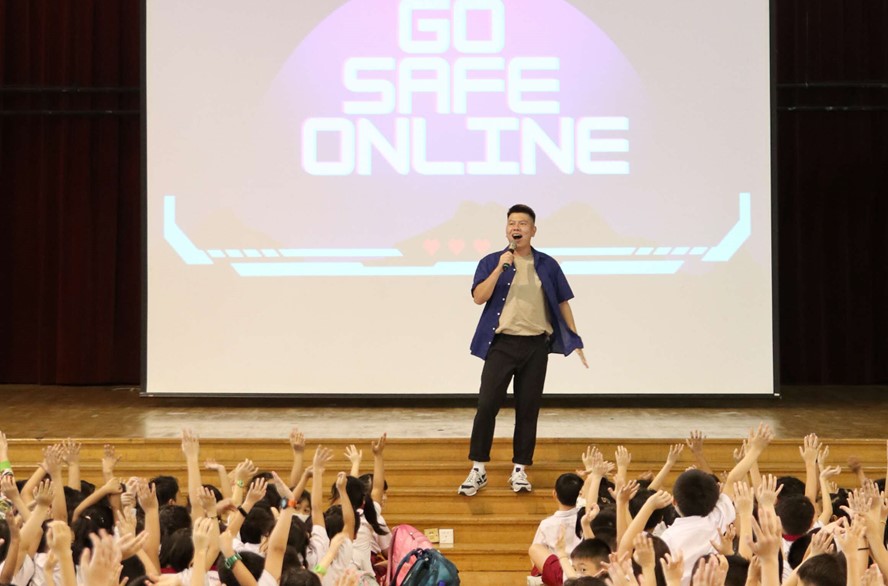Safeguarding your child online
19 Sep 2014

Retired principal Mrs Jenny Yeo shares her thoughts about a global issue of increasing concern among schools and parents with young children – cyber bullying.
Has your child been spending a lot of time glued to his computer and smart devices? Do you know what he is doing online? What signs of concern should you look out for and is your child aware of issues like cyber bullying?
According to the Media Literacy Council, “Cyber bullying is the use of electronic media – especially mobile phones and the internet – to intimidate, threaten or upset someone.” As our children engage more in online activities, cyber bullying can become a concern. Often, children who are cyber bullied may show one or all of these symptoms:
- Fall in self-esteem and feelings of insecurity
- Withdrawn interaction with family and friends
- Changes in Internet usage habits
- Decrease in academic performance
A secondary school student, who was stocky, was aiming for a student leadership position. Soon, a schoolmate, who was keen on the position as well, started to call his competitor names like “King Kong” on Facebook and this made the student extremely upset. He felt so lousy about himself that he avoided contact with his family and friends. Not long after, the student became obsessed with the name-calling and was determined to prove the bully wrong by losing weight. Unfortunately, he went too far and became anorexic.
This student’s parents were concerned for their son’s well-being and put in much effort and resources to help him. Thankfully, this student is now recovering well. But this is an example of how cyber bullying can have extreme repercussions.
Schools play an active part in educating our students on cyber wellness as part of their Cyber Wellness Curriculum . Students in secondary schools learn this as part of their Character and Citizenship Education, while primary school students find out more during their Form Teacher Guidance Periods.
As parents, you too can play a role in helping your child to handle or avoid cyber bullying. For example, you can prepare your child to take the following steps if they are being cyber bullied:
- Approach an adult whom they trust, such as a parent, a teacher or counsellor;
- Stop all forms of communication and interactions with the cyber bully; and
- Save evidence of the cyber bullying incident and report it to the school staff.
The key is to establish a strong relationship with your child. Chat with them regularly and encourage them to share about their online activities. You, too, can share your experiences in using the Internet and over time, your child will be more ready to share with you should they encounter issues in their online activities.
Parents with children aged 10 to 14 years old can try out a new mobile game app, C-Quest, developed and released today by the Ministry of Education. Through this app, parents can hold meaningful conversations with their child on their online experiences and guide them to be safe, respectful, and responsible in their online activities.
This free app for Android devices can be downloaded here. The iOS version will be ready by 1 Nov 2014.





